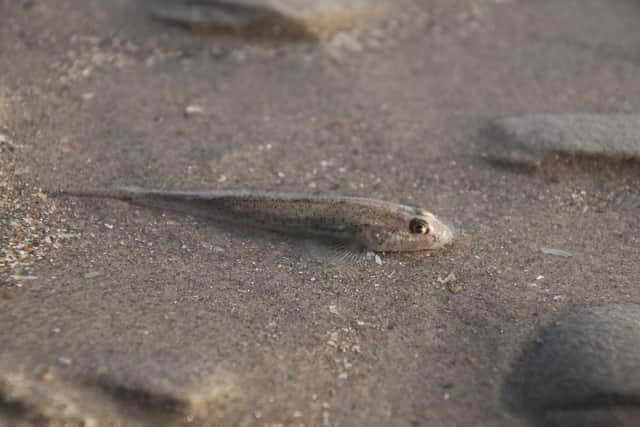East Lothian beach goers warned of venomous weever fish after reports of people being stung
This article contains affiliate links. We may earn a small commission on items purchased through this article, but that does not affect our editorial judgement.
and live on Freeview channel 276
East Lothian beach-goers have been warned of a venomous fish that is stinging people.
Rangers said there had been reports of swimmers being stung by Weever fish in the area in recent weeks. The species, which can be found in coastal waters across Scotland, are the UK’s only venomous fish. Weever fish bury themselves in the sand, however, if they are disturbed, they can inject venom through their spines. The sting is usually not dangerous, but can be very painful and unpleasant.
Advertisement
Hide AdAdvertisement
Hide AdEast Lothian Council countryside rangers warned people in a statement: “We have been hearing reports of people betting stung by weever fish, and this can be incredibly painful! These grumpy looking creatures are one of the only venomous fish to be found in British waters. They are often found burrowed in the sand in warm weather, mostly when there is a low tide, with their poisonous dorsal spines sticking up.


“The best advice to avoid being stung is to always wear something on your feet when you enter the water. However, if you are stung you should place your foot in as hot water as you can bear, as quickly as possible. After 15 minutes or so, the pain should ease.”
One local who was stung described the pain as “excruciating”, while another resident said: “I’m sure I saw one dart out the sand at Belhaven”. The NHS website advises anyone who is stung by a Weever fish to rinse the affected area with seawater, remove any spines from the skin and to soak the area in very warm water.
